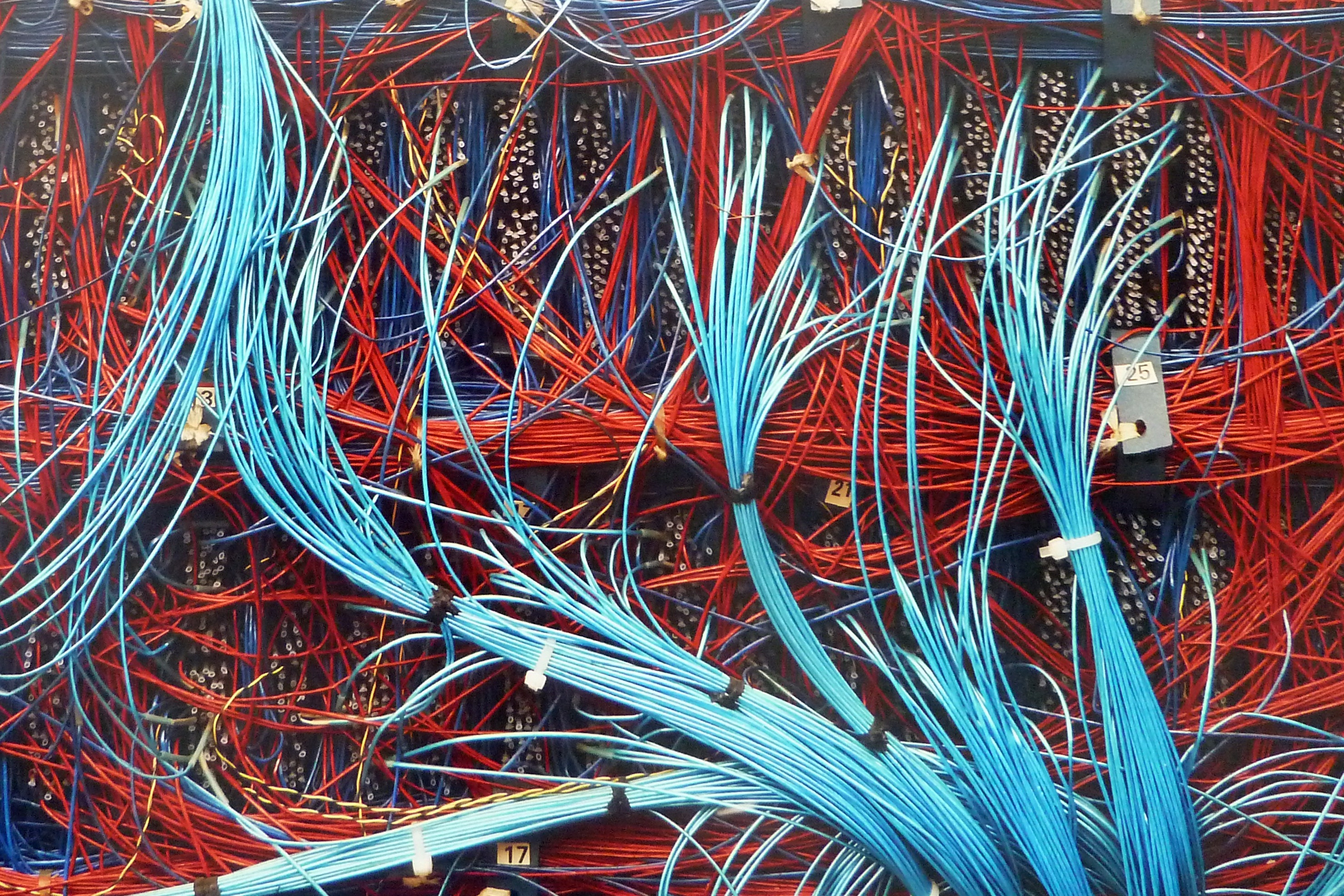Podcast: Play in new window | Download
Subscribe: Apple Podcasts | RSS
Today’s internet is not the utopia that the technology-builders promised. With disinformation campaigns, hate groups, bullying, advertisements, and corporate and government surveillance, it’s hard to feel optimistic about life online. These problems are not incidental to today’s platforms– they grow out of structures and assumptions that are built into the foundations of these systems. This episode introduces a series of episodes about the history of the elements that make up the social web. By looking at the underlying political philosophies, struggles and comprises between competing visions, and paths not taken, we can better understand the origin of the problems and imagine new kinds of solutions.
References
Music is from Broke for Free.
Read Mark Zuckerburg’s 2012 Initial Public Offering Letter (here). Find his 2017 “Building Global Community” letter (here).
The theoretical basis for this episode comes out of a variety of critical perspectives. I’ll dig into specific elements of those traditions in future episodes, but I can put a few stakes in the ground here by saying that lately I’ve been thinking about Theodor Adorno’s Negative Dialectics and Michel Foucault’s Language, counter-memory, practice. Also, the discussion of the power dynamics and importance of paying attention to multiple stories from multiple perspective also brings to mind Chimamanda Adichie, “The Danger of a Single Story,” TEDGlobal 2009.

This work is licensed under a Creative Commons Attribution-ShareAlike 4.0 International License.

Thanks Dave!
This is a fascinating patch of soil you turned over – – can’t wait to hear how deep you can dig in.
I hadn’t thought much past the people-will-be-people assumption. I wonder if that pwbp dynamic is actually the case in ‘real life’ but we’ve had thousands of years to build a lot of social structures on top of it. Can we catalyze or accelerate that process for the web?
Thanks for listening!
An interesting thought, that there’s also a cultural norms question. And that at some level, etiquette hasn’t caught up with the new social settings.
It puts me in mind of a time in the 18th and early 19th century, when European cities were growing quickly and there was a lot of worry about how people ought to act on public streets. Or, at a smaller level, when telephone’s came along and people weren’t sure how to behave. The phone companies actually worried that people were being so rude to each other that the technology might not catch on and so they published phone etiquette books.
Once upon a time, introductions to the internet started with a section on “netiquette.” I wonder when that term came about and when it faded away and how those rules look to us now. More research!